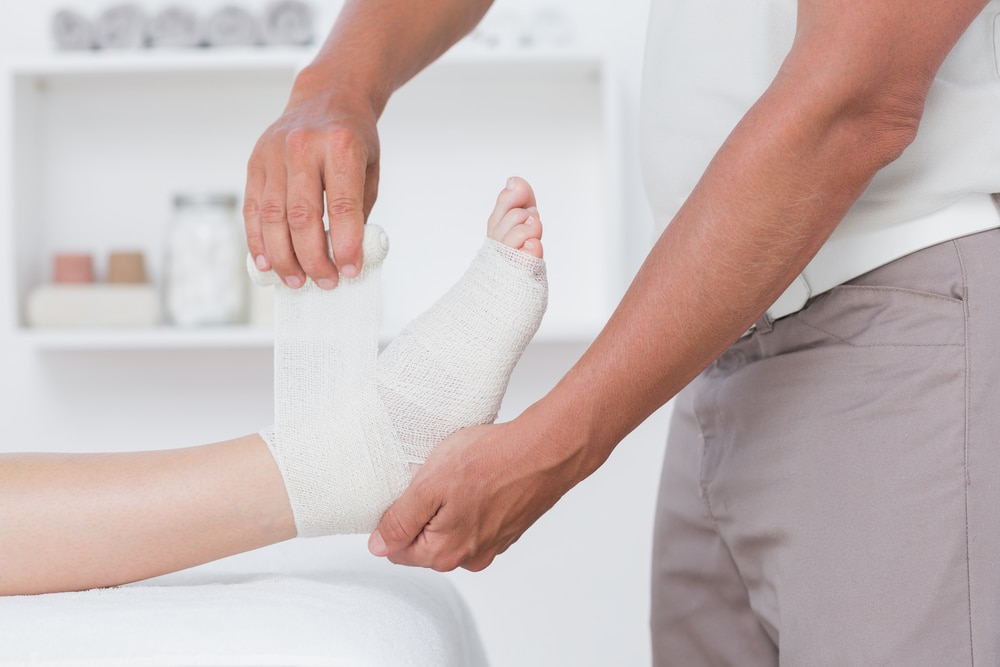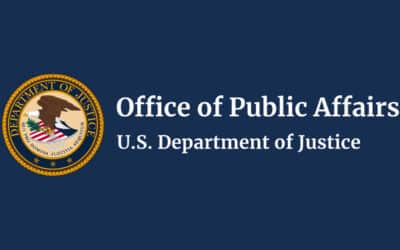CPT 99024 — Postoperative follow-up visit, normally included in the surgical package, to indicate that an evaluation and management service was performed during a postoperative period for a reason(s) related to the original procedure.
Procedure Values
When the value of any procedure is determined, the number of global postoperative encounters that typically follow that procedure is taken into consideration. For example, the value of CPT 10140 (Incision and drainage of hematoma, seroma or fluid collection) was determined considering one postoperative visit within the 10-day global period is typically performed. Generally speaking, when more postoperative encounters typically follow a procedure, a higher procedure value is calculated.
What Determines “Typical”?
The Relative Value Update Committee (RUC), with professional society representation, provides input regarding what is typical. Determining how many postoperative encounters typically follow a procedure is also based upon the frequency of CPT 99024 submission following a procedure.
The Problem
There are providers who are not submitting CPT 99024 when they should be. In the 2019 Medicare Part B Physician Fee Schedule Proposed Rule, the Centers for Medicare and Medicaid Services (CMS) published its concern that postoperative global visits are occurring so infrequently that CMS may lower the values associated with procedures that carry a postoperative global period. In their mindset, if the global visit isn’t occurring, it should not be included in the value of the procedure. This can lead to the value of our procedures being reduced.
What Can We Do?
The most important thing that we can do right now is to submit CPT 99024 every time a qualifying postoperative global encounter is performed. Even though this code does not carry any value, the analysis described above shows that CMS uses CPT 99024 submission rates to make important decisions. A low volume of submission has led CMS to believe that these services are not being provided, and that can have a negative impact on the value of procedures we perform.
Dr. Lehrman operates Lehrman Consulting, LLC, is a consultant to the APMA Health Policy and Practice Department, serves as an expert panelist on Codingline, and is a Certified Professional Coder. Follow him on Twitter @DrLehrman.
References:
- Department of Health and Human Services Centers for Medicare & Medicaid Services 42 CFR Parts 405, 410, 411, 414, 415, and 495 [CMS-1693-P] RIN 0938-AT31 Medicare Program; Revisions to Payment Policies under the Physician Fee Schedule and Other Revisions to Part B for CY 2019; Medicare Shared Savings Program Requirements; Quality Payment Program; and Medicaid Promoting Interoperability Program
- 2022 CPT Professional. Current Procedural Terminology (CPT®) is copyright 1966, 1970, 1973, 1977, 1981, 1983-2021 by the American Medical Association. All rights reserved. CPT is a registered trademark of the American Medical Association (AMA).





